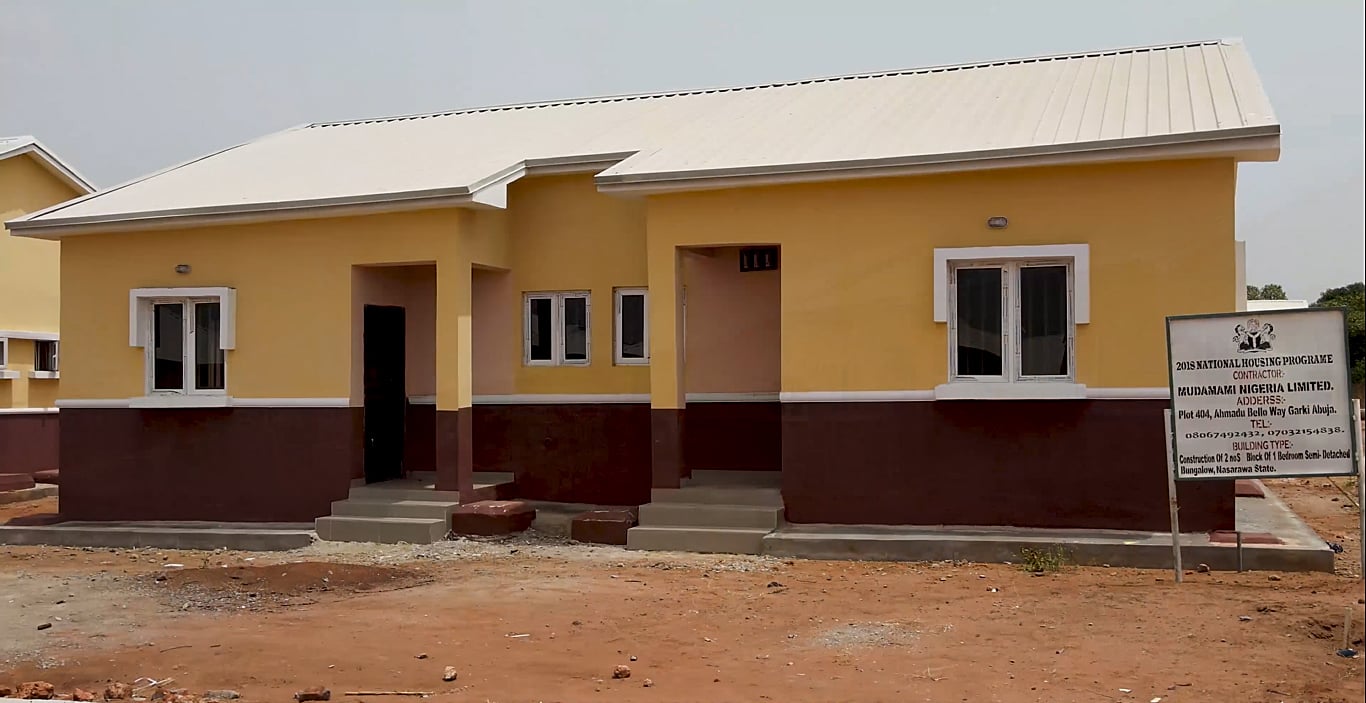
After a moratorium on foreclosures due to the Covid-19 pandemic, foreclosures are now growing. As an outcome, we can anticipate to see a boost in the variety of REO residential or commercial properties available on the marketplace in the coming months.

Whether you're a reasonably brand-new real estate agent or one who's remained in the organization for a while, you probably might use a refresher on these bank-owned homes.

Our resident REO expert, Jeff Underwood, shares what real estate agents need to know about REO residential or commercial properties in Alabama.
What is an REO residential or commercial property?
Put simply, an REO residential or commercial property is real estate that is owned by a bank or loan provider after failing to sell at a foreclosure auction. But to truly comprehend REO residential or commercial properties, you first need to understand the foreclosure procedure.
The Foreclosure Process
When a specific with a mortgage stops making payments on that mortgage for any factor, the foreclosure procedure will start. The mortgage contract will include language about when the bank can begin this procedure. Typically, a loan provider will not start the foreclosure process until the customer has missed out on four successive payments.
Not all residential or commercial properties that enter the foreclosure process are really foreclosed upon. Jeff Underwood, managing lawyer at South Oak Title & Closing in Auburn, states, "In many cases, the mortgage is reinstated or the lending institution will work out loss mitigation choices to prevent foreclosure. A debtor who applies for Chapter 13 insolvency will likewise halt the foreclosure procedure."
This procedure looks different in every state. Underwood explains, "Alabama is a nonjudicial state. This implies that the bank does not have to file a lawsuit against the defaulted mortgagor to foreclose. Instead, the bank sends a series of notices that informs the mortgagor that they are in default and provides info about reinstatement. Failure to do so will result in a foreclosure sale." Other states, such as Florida, need lending institutions to submit a claim versus the mortgagor in state court to foreclose.
In Alabama, notices about the upcoming foreclosure sale are also published in the county newspaper for three weeks. If the bank or lending institution is the high-bidder or only purchaser at the foreclosure sale, this residential or commercial property ends up being "genuine estate owned", or an REO residential or commercial property.
Selling an REO residential or commercial property

Jeff Underwood says, "Lenders aren't in the business of keeping these residential or commercial properties. Their objective is to sell the home and recover their losses from the foreclosure. After the foreclosure sale, the residential or commercial property will go on the marketplace as an REO residential or commercial property." The loan provider sends out a recommendation for this residential or commercial property to both a property brokerage and a title company.
Listing Process for REO residential or commercial properties
Listing an REO residential or commercial property for sale is really similar to listing any other residential or commercial property, with a couple of key distinctions. There's still a check in the yard, a listing on the MLS, and images of the residential or commercial property. The broker's goal is to find a purchaser for the residential or commercial property. But instead of a specific client, the broker represents a loan provider. On the MLS, this residential or commercial property will be designated as bank-owned.
Underwood states, "These residential or commercial properties may not look like a common home that's market-ready. We had one REO residential or commercial property where the previous owner took whatever out of the home, consisting of sinks and banisters. The bank will hire a business to clean things up and make sure things are working, however buyers won't discover a staged, updated home."
Lenders wish to offer REO residential or commercial properties for reasonable market price as rapidly as possible, so pricing is determined by getting a BPO, or broker rate opinion. Two real estate agents will offer their viewpoint on the marketplace price of the residential or commercial property, and then these opinions are averaged to acquire the market price. If the residential or commercial property languishes on the marketplace, the bank will start dropping the rate in incremental percentages to discover a buyer.
Title Process for REO residential or commercial properties
When the title business gets the recommendation for an REO residential or commercial property, they will initiate a title search, simply as they would for any other residential or commercial property. "We do this before the residential or commercial property is noted for sale, and just like any title search and exam, we're looking for any potential issues so that we can present a clear title to the purchaser," Underwood discusses.
If the title is clear, this file is ready for when the residential or commercial property goes under agreement. If there are concerns that require to be attended to such as judgments, encumbrances, or liens, the title business will clear the title so that it's all set for a future buyer. Once the residential or commercial property goes under contract, all that's required is an upgrade to title.
Common Title Issues with REO Properties
Several typical title problems can emerge with REO residential or commercial properties. Tax redemption problems are especially common. In Alabama, taxes are paid in defaults. If they're not paid by December 31, they're subject to penalties and interest. If taxes are still unpaid by April, the county will have a tax sale in May. For the most part, the county is the high bidder. But in other cases, a 3rd party will purchase the tax certificate.
Underwood states, "If the county owns the tax certificate, resolving this is a quite uncomplicated process. But if it's owned by a 3rd party, it can get complicated." To redeem from an individual, a bank is required to pay the overdue taxes, penalty, interest, along with the value of any enhancements on the residential or commercial property. In some scenarios, there can be an extended settlement procedure to eliminate this tax lien.
Encroachment issues are also typical with REO residential or commercial properties. Residential or commercial property lines aren't constantly plainly defined, which is why studies are a needed part of the title search and test. Underwood explains, "An infringement is any structure that exists on a next-door neighbor's land or residential or commercial property - a fence, a shed, a mobile home, or even part of a house or barn." It can be made complex to clear these problems and in many cases, a quitclaim deed might be required.
And as with any other residential or commercial property, we can discover any number of other title concerns. Missing deeds, deeds in the back chain of title that lack marital status, and other encumbrances can likewise be discovered throughout the title search and test. Title companies experienced with REO residential or commercial properties know precisely which concerns to try to find and how to resolve them to present REO buyers with a clear title.
Owner's title insurance safeguards property buyers from concealed threats to their title after purchase. An improved owner's policy might be recommended for people who purchase an REO residential or commercial property. But no matter the policy, REO residential or commercial property purchasers need to always be conscious of laws worrying the right of redemption.
Right of Redemption Laws
Individuals, including the foreclosed debtor or beneficiaries of the debtor, have the right to redeem or purchase back a foreclosed residential or commercial property for up to a year after the foreclosure sale. Underwood explains, "To redeem a foreclosed residential or commercial property, the redeeming celebration must pay the amount of the foreclosure bid, interest, and other charges including taxes, insurance coverage, and repair work."
"Because foreclosure sales can occur fairly quickly in Alabama, the redemption duration is longer than in many states. For mortgages stemmed before 2016, that redemption period is a year. For mortgages stemmed after January 1, 2016, the redemption duration is shortened to 180 days."
He continues, "Redemptions of foreclosed homes are very unusual, however anybody purchasing an REO residential or commercial property requires to deal with a lawyer who understands and comprehends the law." These laws vary from state to state and can change, so constantly consult your closing attorney with particular concerns about the right of redemption.
Buyers buying an REO residential or commercial property before the redemption period ends need to be aware that owner's title insurance will never provide affirmative coverage over the right of redemption. For cash buyers, this will be noted as an exception in Schedule B-2 of the owner's title insurance coverage for the period of the redemption duration.
Lenders supplying funding for REO purchases will usually need affirmative protection for the remaining redemption period. Options, such as a bond, exist if the loan quantity depends on 30% greater than the foreclosure quote, but purchasers ought to understand that affirmative coverage for the remaining redemption period only secures the lending institution.
The Future of REO Properties
Due to the pandemic, a moratorium on foreclosures remained in location up until November 2021. As this moratorium has actually lifted, loan providers have executed loss mitigation treatments to keep people in their mortgages and assist them maintain their residential or commercial properties. However, if loss mitigation methods are not successful, the foreclosure process begins.
Underwood states, "Foreclosure starts are up 39% over the last quarter, and we're expecting to see a boost in these as the year progresses. Starting in the 3rd quarter of this year, we'll start to see a higher-than-normal percentage of REO residential or commercial properties on the market. It will not be like it remained in 2008, however it will certainly be more than what we're utilized to seeing."
There's no requirement for real estate agents to be intimidated by REO residential or commercial properties. As more of these residential or commercial properties appear in the MLS, real estate agents who comprehend the nuance of buying a bank-owned home are better equipped to serve their customers.
At South Oak Title and Closing, we enjoy partnering with real estate agents to help them much better serve their clients. Whether you have specific questions about dealing with REO residential or commercial properties or just require an REO expert in your corner, we're here for you. Contact us with your questions today.
Jeff Underwood

Jeff is a Birmingham native and graduate of the Birmingham School of Law. He has actually spent years working with banks, loan providers, and REO residential or commercial properties through his time leading the REO department at a Birmingham law office. Jeff is married and has two daughters: one recent graduate and one current student at Auburn University.
Jeff Underwood is the Managing Attorney at South Oak Title & Closing in Auburn.
This short article is intended to supply basic information about REO residential or commercial properties in Alabama and must not be considered legal suggestions. Laws concerning REO residential or commercial properties likewise vary from one state to another. Please consult your regional lawyer with questions.









